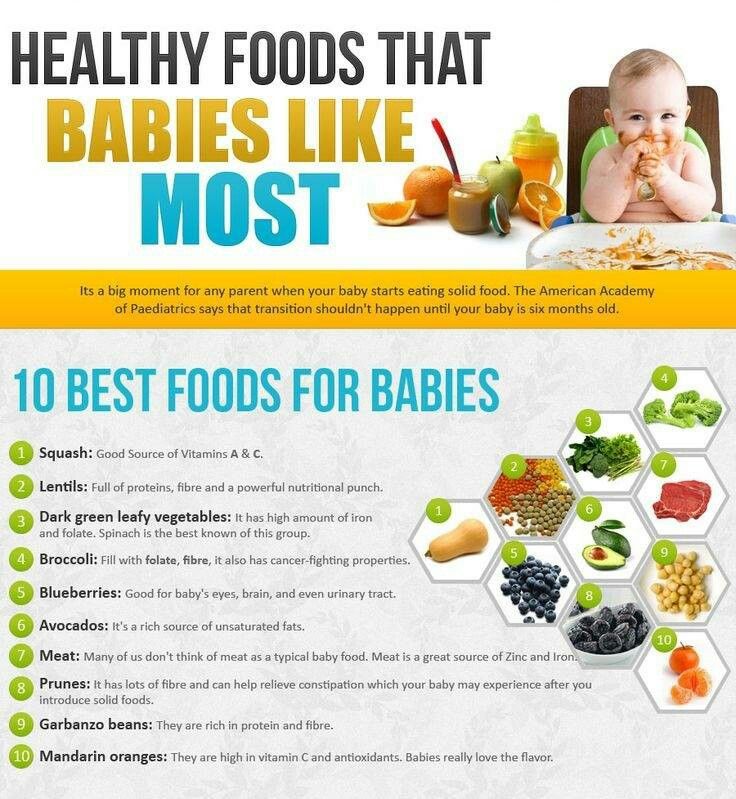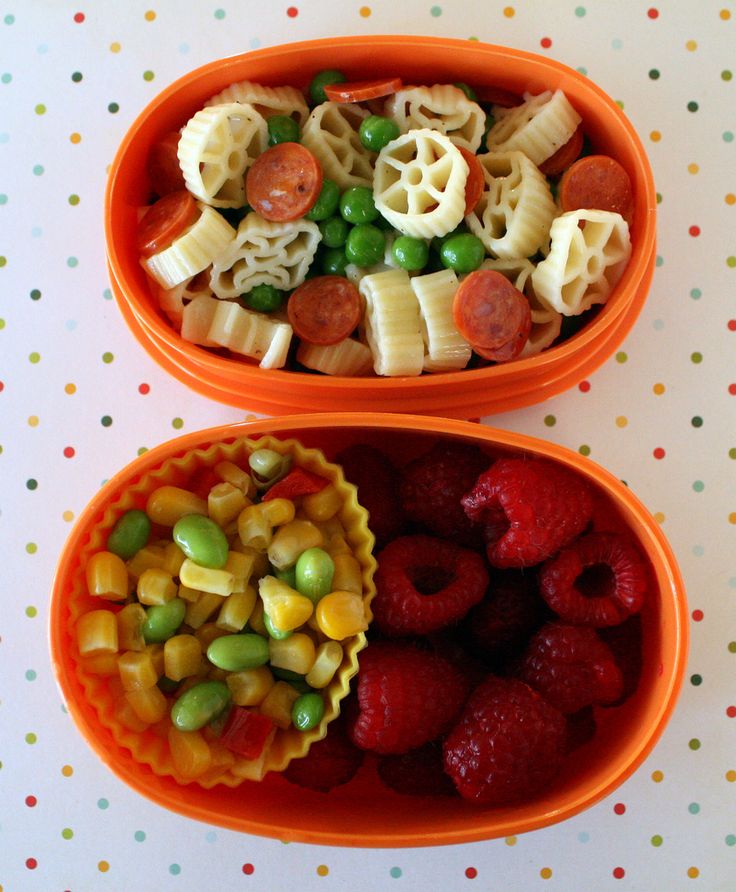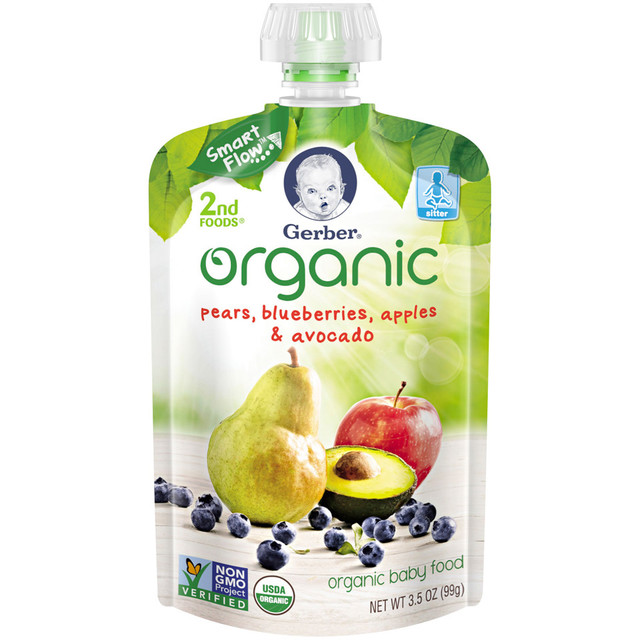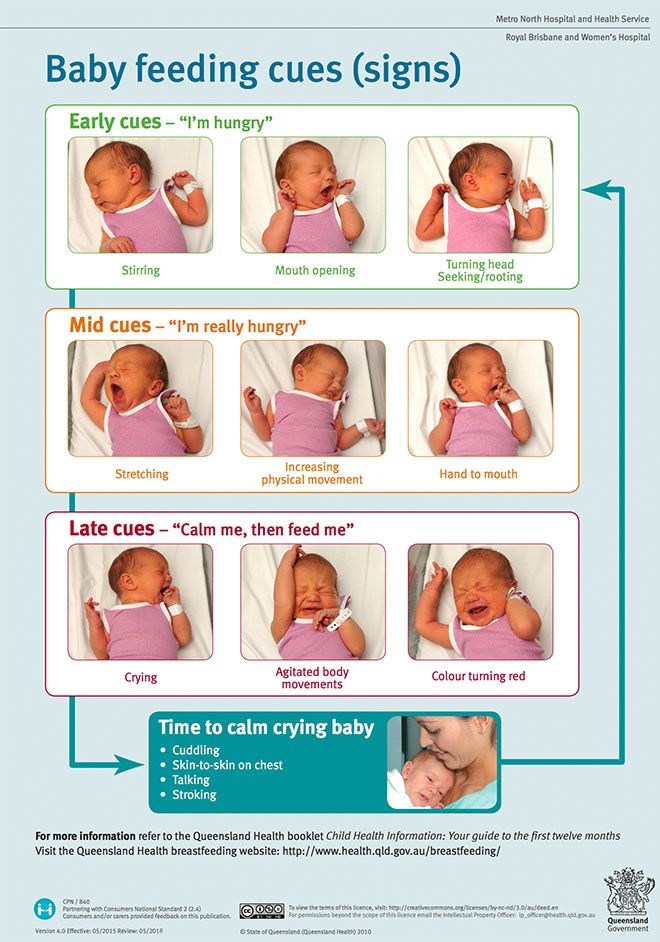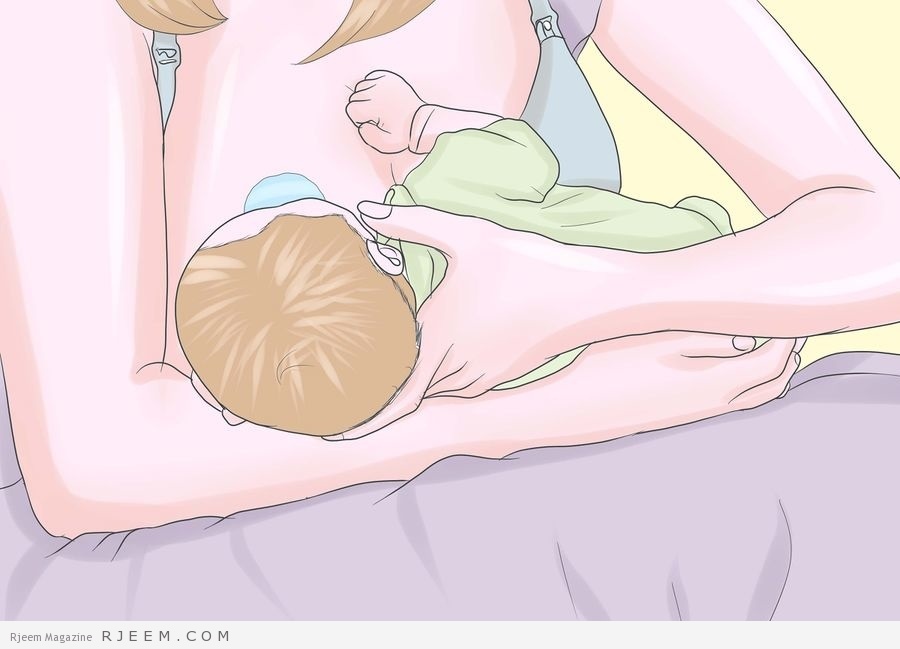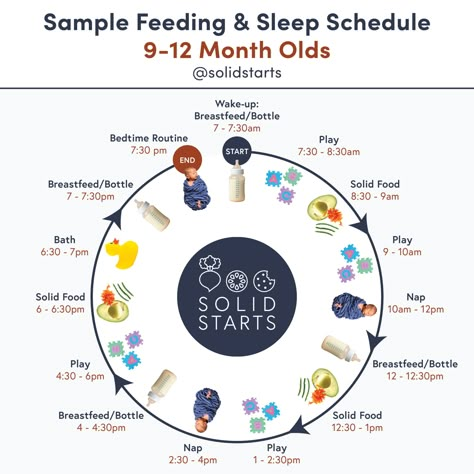Over feeding your baby
How To Tell If You're Overfeeding Baby
We spend so much time fussing over whether baby is getting enough formula or breast milk—and for new parents it can be hard to tell what’s actually enough. Many parents may try to coax baby to finish their bottle or worry that baby isn’t eating enough, when really, baby has just had their fill. So can that well-intentioned fussing possibly lead to overfeeding baby?
Keep in mind that signs of a healthy baby may differ across cultures. “Different cultures have different feelings about how much a baby should eat, how often they should eat and what they should look like,” says Alanna Levine, MD, a pediatrician at Orangetown Pediatric Associates in Orangeburg, New York. Some parents consider a roly-poly baby a sign of a job well done, while other parents see a round baby and visualize an obese teen.
While cultural perceptions of a healthy baby may vary, when it comes to feeding, there are few things to keep in mind. Read on to learn how overfeeding baby can happen, signs to look for and what to do going forward.
In this article:
Can you overfeed a baby?
What leads to overfeeding?
Signs of overfeeding baby
How to avoid overfeeding baby
Can You Overfeed a Baby?
You can probably breathe a sigh of relief: Overfeeding baby is almost impossible, and most of the anxiety over babies’ food intake and appearance is pointless. “If baby is gaining weight and growing and your pediatrician isn’t concerned, you don’t need to worry,” Levine says. Different babies grow at different rates and eat different amounts at different times.
Babies come with an incredibly sophisticated self-regulation system: When they’re hungry, they eat, and when they’re full, they stop. (Sadly, we’ve lost this mechanism by the time we become parents.) So when babies turn away from the bottle or breast and refuse to even consider another nip, they’re telling you they’re full. When baby keeps coming back for more, that’s a sign they’re truly hungry (even if they just finished a full six ounces!).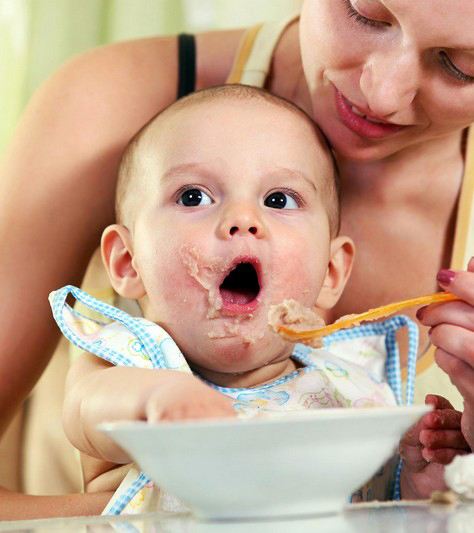
Overfeeding breastfed babies vs. formula-fed babies
Pediatricians Dina DiMaggio, MD, and Anthony F. Porto, MD, MPH, authors of The Pediatrician’s Guide to Feeding Babies and Toddlers, echo the importance of listening to your child’s cue, regardless of whether they’re breastfed or formula-fed. “We are often asked, ‘how come my child didn’t finish their bottle of formula?’ but are rarely asked that when children are breastfed.” (Probably because it’s a lot easier to see—and obsess over—how much milk went into a bottle.)
On average, a full-term newborn drinks 2 ounces of formula per bottle every three to four hours, or breastfeeds on demand (about eight to 12 times a day), according to DiMaggio and Porto. At one month old, baby will likely drink 3 to 4 ounces of formula per bottle every three to four hours, while a breastfeeding baby may feed approximately seven or eight times a day. This pattern of baby drinking more ounces of formula or breastfeeding fewer times a day lasts until they are eight to 12 months old, at which point baby may drink seven to eight ounces of formula per bottle or breastfeed three to four times a day.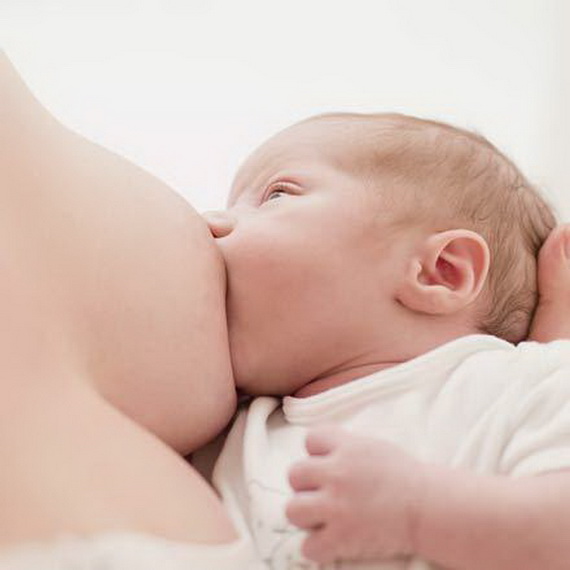
While these figures will vary with each child, it’s important to remember it’s perfectly normal for baby not to finish their bottle, as long as they’re hydrated and eating enough throughout the day. “Infants have a better understanding of when they’re full and, unlike most adults, don’t just eat whatever serving size is put in front of them,” DiMaggio and Porto say.
What Leads to Overfeeding?
Overfeeding baby is very rare, but it can happen. It’s more common in bottle-fed babies, simply because it’s easier for parents to see how much food their child is consuming. It also takes less effort to drink from a bottle, so babies (who love to suck) may inadvertently get too much milk while feeding.
If you’re concerned about possibly overfeeding baby, talk to your pediatrician. The doctor will look at baby’s length, weight and development, but as long as baby is thriving, they’re probably eating just fine.
Signs of Overfeeding Baby
The good news is, since you’ll likely be visiting a pediatrician often in first few months, you can track baby’s weight gain and feeding patterns. But don’t rely on weight as an indicator of whether you’re overfeeding baby. Instead, spitting up could be a sign you’ve pushed baby to take in extra food—for example, if baby spits up after draining a bottle you kept offering after they turned away. But more often than not, spitting up is a typical infant reaction or reflux.
But don’t rely on weight as an indicator of whether you’re overfeeding baby. Instead, spitting up could be a sign you’ve pushed baby to take in extra food—for example, if baby spits up after draining a bottle you kept offering after they turned away. But more often than not, spitting up is a typical infant reaction or reflux.
If you’re worried baby is eating too much for their age or has symptoms of vomiting, your pediatrician might recommend limiting how many ounces baby is drinking or how many times they feed, DiMaggio and Porto say. In most cases, however, as long as baby is healthy and doing well, feeding changes aren’t necessary.
How to Avoid Overfeeding Baby
If you learn you’ve been overfeeding baby, make a point of respecting your child’s feeding cues going forward. “If baby turns away before the bottle is finished or before your usual nursing time is up, accept the fact that they may not be hungry now,” Levine says. Don’t focus on the numbers: It doesn’t matter how many ounces baby finishes at each feeding. What matters is that baby is healthy and happy overall.
What matters is that baby is healthy and happy overall.
Updated February 2020
Expert bios:
Alanna Levine, MD, is a pediatrician at Orangetown Pediatric Associates in Orangeburg, New York, and works on staff at Englewood Hospital and Medical Center in New Jersey. In addition, she serves as a spokesperson for the American Academy of Pediatrics.
Dina DiMaggio, MD, and Anthony F. Porto, MD, MPH, are co-authors of The Pediatrician’s Guide to Feeding Babies and Toddlers: Practical Answers to Your Questions on Nutrition, Starting Solids, Allergies, Picky Eating and More, as well as spokespeople for the American Academy of Pediatrics. DiMaggio is a clinical assistant professor in the department of pediatrics at NYU Langone in New York City, and Porto is a pediatric gastroenterologist at Yale New Haven Health and medical director of the Yale Pediatric Celiac Program in New Haven, Connecticut.
Please note: The Bump and the materials and information it contains are not intended to, and do not constitute, medical or other health advice or diagnosis and should not be used as such. You should always consult with a qualified physician or health professional about your specific circumstances. Plus, more from The Bump:
Your Ultimate Guide to How to Bottle-Feed a Baby
Breastfeeding 101: How to Breastfeed Baby
What You Need to Know About Baby Growth Spurts
Can You Overfeed a Baby: Is It Possible?
A healthy baby is a well-fed baby, right? Most parents would agree that there’s nothing sweeter than those chubby infant thighs.
But with childhood obesity on the rise, it makes sense to consider nutrition from the earliest age.
Is it possible to overfeed a baby, and should you be concerned about how much your baby eats? Here’s what you need to know.
When it comes to preventing overfeeding in babies, breast-feeding seems to have an advantage over bottle-feeding. The AAP says that breast-fed babies are better able to regulate their own feedings by eating to demand.
The AAP says that breast-fed babies are better able to regulate their own feedings by eating to demand.
Parents can’t see how much a baby is eating from a breast, while parents who are bottle-feeding may try to push their baby to finish a bottle. Breast-fed babies also digest breast milk more fully. This affects how a baby’s body will use those calories. As a result, breast-fed babies are rarely at risk for overfeeding.
With a bottle, parents may be tempted to add supplements to a baby’s formula, like rice cereal or juice. Your baby shouldn’t drink anything except breast milk or formula for the first year of life. Any extras like sweetened drinks aren’t necessary. Fresh fruit (when age-appropriate) is preferable to juice. Heavily sweetened food pouches should also be eaten in moderation.
The American Academy of Pediatrics warns against adding cereal to your baby’s bottle. It has been linked to excess weight gain. You may have heard that adding rice cereal to a baby’s formula bottle will help the baby sleep longer, but it’s not true.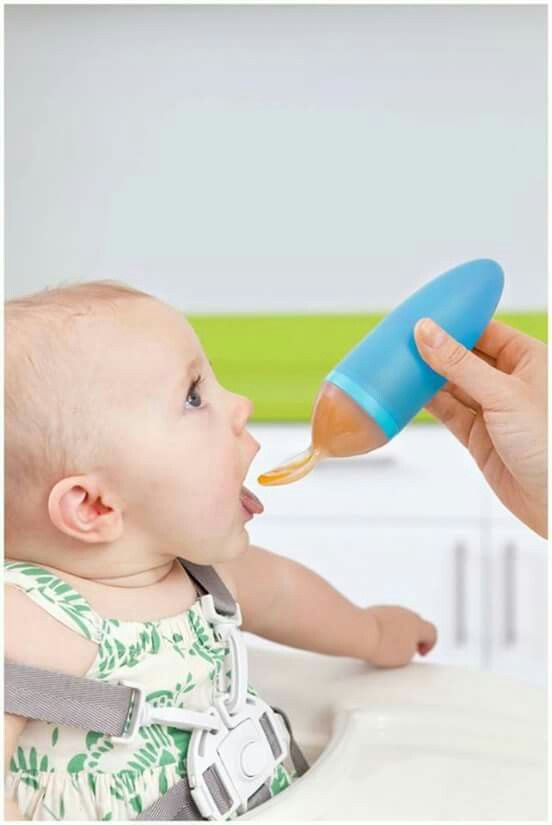
Adding rice cereal to a bottle doesn’t add nutritional value to your baby’s diet. You should never add rice cereal to a bottle without talking to your doctor first.
If you have a chubby baby, don’t panic! Those chubby baby thighs could be a good thing. They likely don’t mean that your baby’s obese or will have a problem with obesity later in life.
To avoid overfeeding, parents should:
- breast-feed if possible
- let baby stop eating when they want
- avoid giving baby juice or sweetened drinks
- introduce fresh, healthy foods around 6 months of age
For the first two years of life, the AAP encourages parents to track a child’s growth. Your pediatrician should check a baby’s weight and growth at each appointment. But problems with obesity will not be apparent until after 2 years of age. In the meantime, it’s important to practice healthy habits.
A few factors have been linked to overfeeding in babies. They include:
Postpartum depression. Mothers with postpartum depression are more likely to overfeed their babies. This may be because they’re unable to cope with baby’s cries in ways other than feeding. Mothers with postpartum depression also may be more forgetful, or have a harder time concentrating.
Mothers with postpartum depression are more likely to overfeed their babies. This may be because they’re unable to cope with baby’s cries in ways other than feeding. Mothers with postpartum depression also may be more forgetful, or have a harder time concentrating.
If you’re struggling with depression, talk to your doctor about ways to get help.
Economic hardship. Single mothers and mothers who are struggling financially are also more likely to practice overfeeding habits like adding rice cereal to their baby’s bottles. They might do this in an effort to stretch baby’s formula out more, or to try to keep the baby full longer.
If you’re struggling to afford to feed your baby, you may qualify for government assistance. Find more information here.
It’s important to remember that babies have their own individual growth curves. As long as your baby is gaining weight appropriately within their own personal growth chart, there’s no reason to worry.
But if you’re having trouble with a baby that doesn’t seem content with their feedings (such as a baby who doesn’t sleep well or cries after a feeding), speak to your pediatrician.
Babies go through growth spurts at regular intervals during their first year of life. They’ll need extra nutrition during those times. But talk to your doctor if you have a baby who spits up all of their formula or breast milk after a feeding, doesn’t seem to ever be full, or has sudden weight gain that doesn’t match their growth curve.
Starting healthy eating habits as soon as possible is an important first step as a parent. Whether you’re breast-feeding or bottle-feeding your baby, work with your pediatrician to track their growth and get the help and support you need.
Share on Pinterest
Beware of overfeeding! - The First Izmailovo Clinic of Dr. Bandurina
Over time, the tasks facing parents change. If earlier their main goal was to find a way to feed the child, today the main thing is the absence of overfeeding and ensuring proper nutrition. This task is difficult, so experts recommend following 7 simple rules.
What's the problem?
A long time ago there was a stereotype that a healthy baby should look like a cupid, i. e. be plump and have rosy cheeks. This was facilitated by the ancient ideals of beauty, which were formed as a result of the division of society into separate classes. The rich did not deny themselves anything, so the splendor of forms testified to good health and material prosperity. Now things are completely different. Many parents overfeed their children, so they become fat in infancy. Obesity in infants is called paratrophy. She is very dangerous. Experts are sounding the alarm.
e. be plump and have rosy cheeks. This was facilitated by the ancient ideals of beauty, which were formed as a result of the division of society into separate classes. The rich did not deny themselves anything, so the splendor of forms testified to good health and material prosperity. Now things are completely different. Many parents overfeed their children, so they become fat in infancy. Obesity in infants is called paratrophy. She is very dangerous. Experts are sounding the alarm.
Being overweight in babies causes many problems. In particular, the baby's body becomes too loose, the turgor of the main tissues decreases, and swelling appears. Of course, the cheeks in such a situation will indeed be ruddy, but if you look closely at them, you can notice the peeling of the skin. In addition, obese children are more likely to be exposed to inflammation and other diseases. Some illnesses can lead to complications. For example, a common cold can cause swelling in the nasal area, which is not easy to cure.
Nutrition without measure
The problem of overfeeding a child is faced by those parents who prefer artificial feeding. All this for the reason that the best food for a baby is mother's milk. Eating them, babies maintain normal body weight and feel great. This is achieved through natural self-regulation. In other words, the baby simply cannot eat more than he needs. Some babies who are exclusively breastfed develop very quickly. This cannot be said about those who absorb milk mixtures in large quantities.
Usually mothers who suffered from high blood pressure and heartburn during pregnancy resort to artificial feeding. Sometimes the problem of overfeeding is solved by itself due to regurgitation, thanks to which the baby painlessly empties his stomach. If the child refuses to spit up, then he receives too many calories, which leads to weight gain.
There are situations when the baby cries incessantly and calms down only when the mother's breast is in his mouth.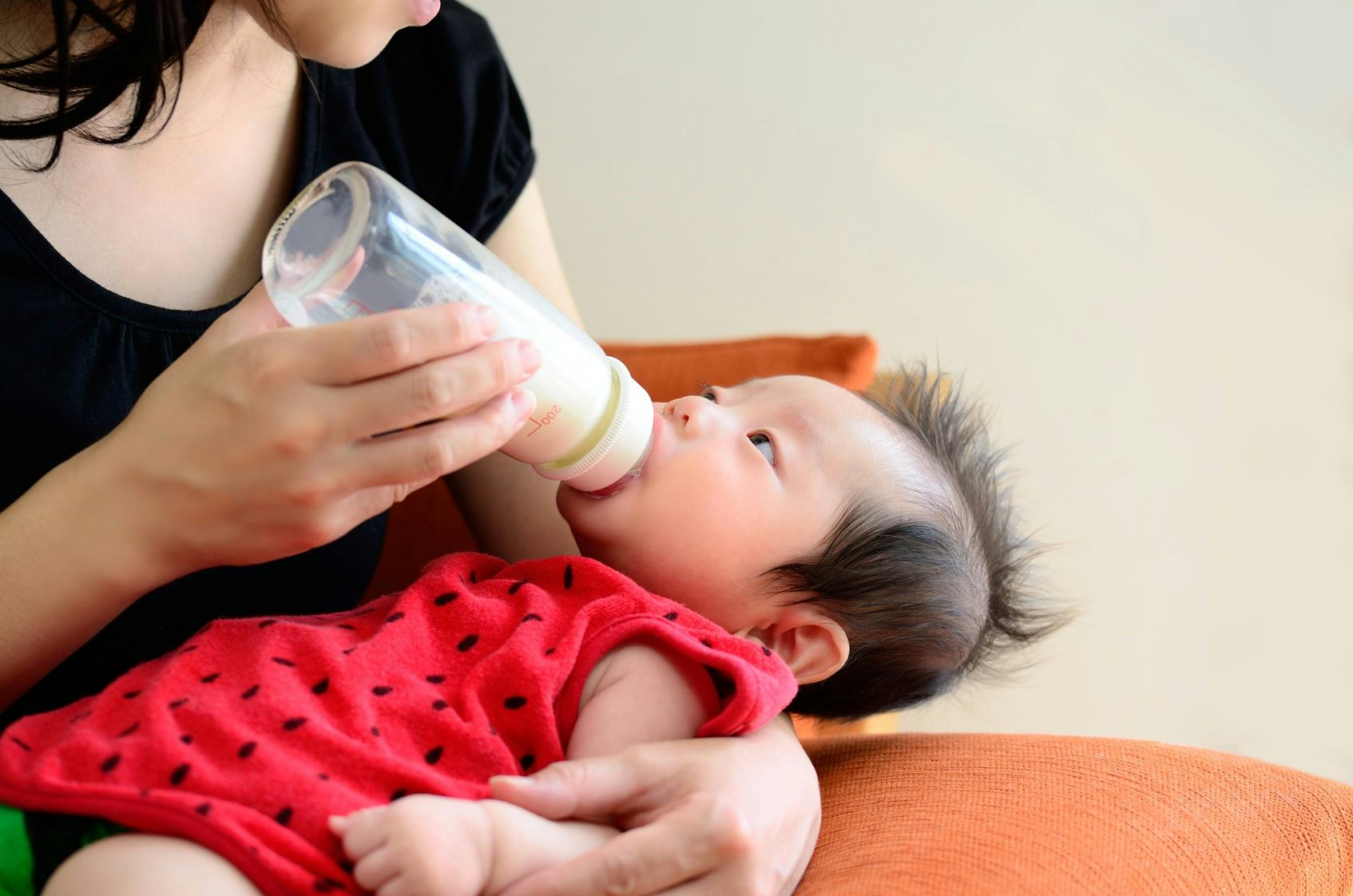 In this case, do not immediately start feeding the baby. It is better to look for factors that could disturb him. The fact is that, being in an irritated state, the baby can calm down only by being next to his mother and enjoying the taste of her milk. As you might guess, overeating causes weight gain, so it’s not worth reassuring the baby every time by giving him a breast. It is better to show the child to the pediatrician.
In this case, do not immediately start feeding the baby. It is better to look for factors that could disturb him. The fact is that, being in an irritated state, the baby can calm down only by being next to his mother and enjoying the taste of her milk. As you might guess, overeating causes weight gain, so it’s not worth reassuring the baby every time by giving him a breast. It is better to show the child to the pediatrician.
Sometimes, due to circumstances, natural feeding of a baby is impossible. In this case, it is necessary to approach the choice of the mixture with all seriousness. It is necessary that the composition of this product has a clear resemblance to mother's milk. In particular, the presence of lactose or milk sugar in the list of ingredients is mandatory.
Rule #1
When choosing formula, remember that it should not be too sweet. In this regard, be sure to pay attention to the level of carbohydrate content. In addition, even if a really high-quality product is chosen, then it must be bred strictly following the instructions.
Rule #2
Only proper nutrition can help avoid overfeeding. Don't give your baby too much formula. In this case, an important role is played by exactly how much baby food enters the child's stomach. To calculate the daily rate, depending on the age and weight of the baby, you must use a special formula. Next, you need to find out the volume of the mixture per feeding. To do this, divide the previously obtained daily rate by the number of daily meals.
We should not forget about other important nuances. In particular, the appetite of the baby depends on the time of day. Usually the baby willingly eats in the morning, so at the beginning of the day he can be given a little more formula. If the baby ate less than the norm, but at the same time began to walk happily and expresses his desire to play, then he ate. In such a situation, offering him a bottle once again is not worth it.
Rule #3
It's simple: the nipple must fit correctly. Checking this is easy: you need to turn the bottle upside down and see exactly how the mixture flows out. If it flows in a trickle, then the likelihood of overfeeding increases. A good nipple should be such that the contents of the bottle drip steadily.
If it flows in a trickle, then the likelihood of overfeeding increases. A good nipple should be such that the contents of the bottle drip steadily.
Based on the above information, it is clear that if the formula, nipple and diet are chosen correctly, then the baby is unlikely to face the problem of overfeeding. He will eat about the same as a breastfed baby.
The first 3 items are the most important. In this regard, experts recommend that all mothers who are afraid of the development of paratrophy, but at the same time are forced to feed their children with milk formula, adhere to these rules.
Rule #4
Remember: there is no need to hurry with the introduction of complementary foods! Experienced pediatricians advise starting it only when the baby's age exceeds 6-8 months.
Almost all milk formulas have balanced compositions, so they differ little from mother's milk and are rich in nutrients. If the baby eats such a product and has no problems with being overweight, then everything is in order. By about 5 months of age, a child will usually consume about a liter of formula, which is enough even after reaching the age of one. It must be borne in mind that the baby is inactive, so he has nowhere to put his energy. For this reason, cereals and mashed potatoes can be included in the child's diet, but care should be taken.
By about 5 months of age, a child will usually consume about a liter of formula, which is enough even after reaching the age of one. It must be borne in mind that the baby is inactive, so he has nowhere to put his energy. For this reason, cereals and mashed potatoes can be included in the child's diet, but care should be taken.
The need for the introduction of complementary foods occurs when the baby becomes more active. As a rule, this happens at the age of 6-7 months. At this time, the child should be given cereals, and mashed potatoes, and milk formula. So his body will be provided with the necessary amount of energy and all useful substances. It is not worth focusing on a sweet and high-calorie mixture. If there is too much of it, then the beloved child can easily turn into a little fat man. Nutrition should be as balanced as possible!
Thus, it is not difficult to conclude that complementary foods do not have as many benefits as it might seem. This is due to the fact that both infant formula and mother's milk are similar in their beneficial properties.
Rule #5
Infant nutrition experts advise that complementary foods should be kept within the normal range. It is important!
Some parents see no problem with their child eating 100 grams more vegetable puree. In such a situation, it is necessary to take into account not only that the baby ate a lot, but whether he really wanted to eat so much. For a child, all food is a source of energy, which then needs to be spent somehow. If the movement is not enough, then this, coupled with overfeeding, will lead to weight gain.
Sometimes young mothers make a serious mistake by replacing mixtures with cereals and mashed potatoes. This leads to the fact that their children put on weight, they begin to develop paratrophy. In some cases, the emphasis is on quantity rather than quality. Parents, realizing that along with cereals and mashed potatoes, their child receives a minimum of useful substances, they begin to give him curds, meat products and eggs. This is dangerous, because protein overfeeding can develop. In this case, the child suffers from bloating, constipation and has problems with stool. It is not difficult to solve this problem: you should reduce the amount of foods that are rich in protein in the baby's diet.
In this case, the child suffers from bloating, constipation and has problems with stool. It is not difficult to solve this problem: you should reduce the amount of foods that are rich in protein in the baby's diet.
Rule #6
Remember: don't show your displeasure when the child doesn't eat all the food offered to him. Small children only at first glance seem naive. In fact, they are very smart. A kid who notices that his mother is upset when she sees the rest of vegetable puree or porridge on a plate will quickly begin to manipulate her. In addition, the expression of indignation by one of the parents can lead to serious problems in the future. For example, an unreasonable fear for the health of the baby will develop or an incorrect attitude to food will be formed, because. its real value will be significantly overestimated, which can cause overfeeding.
Rule #7
No need to insist! A young mother should be able to distinguish really important things from trifles.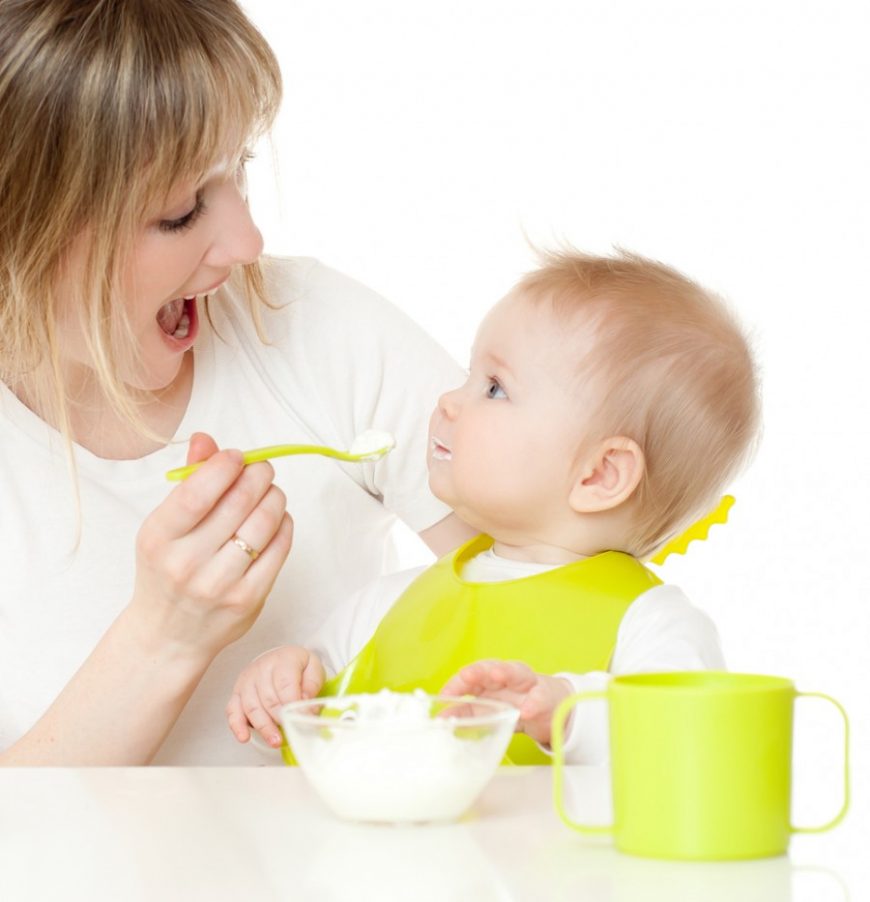 When a child eats, nothing should distract him, whether it is an accidentally barking dog or an older brother who has come home from school. In addition, if the baby is already full and this can be seen from his behavior, then you should not forcibly stuff food into him. Of course, if you try hard, then a few tablespoons of porridge or mashed potatoes will definitely fit into your beloved child, but there is no point in this. Of course, the mother will demonstrate to the child that she has power over him, but overeating can cause paratrophy. Over time, it will disappear, tissues will return to their normal state, health problems will disappear, but in such a situation, most likely, the wrong attitude to food will be formed. The child will develop a habit of eating a lot, which can last a lifetime. This is hello to the fact that a person will suffer from excess weight, heart disease, high cholesterol, etc.
When a child eats, nothing should distract him, whether it is an accidentally barking dog or an older brother who has come home from school. In addition, if the baby is already full and this can be seen from his behavior, then you should not forcibly stuff food into him. Of course, if you try hard, then a few tablespoons of porridge or mashed potatoes will definitely fit into your beloved child, but there is no point in this. Of course, the mother will demonstrate to the child that she has power over him, but overeating can cause paratrophy. Over time, it will disappear, tissues will return to their normal state, health problems will disappear, but in such a situation, most likely, the wrong attitude to food will be formed. The child will develop a habit of eating a lot, which can last a lifetime. This is hello to the fact that a person will suffer from excess weight, heart disease, high cholesterol, etc.
If a little girl is force-fed during infancy, then when she is 9-10 years old, she is likely to face a serious problem in the form of early puberty. This means your child will stop growing and will have incorrect body proportions. Thus, in the matter of baby food, one should not rely on folk wisdom that says that children who eat a lot grow up quickly and become beautiful. Remember that only the child who eats properly can be healthy. It's easy to determine. If your child eats normally and does not gain weight too quickly, which is within the normal range, then everything is in order with him. You should start sounding the alarm in a situation where the baby does not have an increased appetite, but at the same time gets fat. Most likely, he develops some kind of disease. It is urgent to contact a specialist!
This means your child will stop growing and will have incorrect body proportions. Thus, in the matter of baby food, one should not rely on folk wisdom that says that children who eat a lot grow up quickly and become beautiful. Remember that only the child who eats properly can be healthy. It's easy to determine. If your child eats normally and does not gain weight too quickly, which is within the normal range, then everything is in order with him. You should start sounding the alarm in a situation where the baby does not have an increased appetite, but at the same time gets fat. Most likely, he develops some kind of disease. It is urgent to contact a specialist!
General conclusion
The standard of living of modern man is quite high. We do not deny ourselves food and can buy almost any food. In this regard, malnutrition has long lost its relevance. He was replaced by a new problem in the form of overeating, leading to weight gain. People in large quantities consume foods containing so-called "fast carbohydrates". They are rich in chocolate bars, pastries, breakfast cereals, cereals that do not require cooking, etc. If the human diet for the most part consists of them, then this leads to metabolic disorders, loss of protein elasticity and the development of dangerous diseases.
They are rich in chocolate bars, pastries, breakfast cereals, cereals that do not require cooking, etc. If the human diet for the most part consists of them, then this leads to metabolic disorders, loss of protein elasticity and the development of dangerous diseases.
Movement can solve the problem of excess weight, but increased physical activity has long gone out of fashion. People are accustomed to driving cars rather than walking, and most of the household chores for them, in fact, are done by technology. If the amount of food eaten was comparable to physical activity, then everything was in order, but it is not. Many suffer from hypodynamia, but they are not very worried about this. Food is a source of pleasure for them, so often such parents overfeed not only themselves, but also their growing children. Of course, everyone decides how much to eat, but the problem of teenage obesity is a serious concern for specialists, so they are doing everything possible to ensure that it is solved.
Tatyana Yurievna Bandurina, pediatrician, Doctor of Medical Sciences.
Why is it dangerous to overfeed a baby | PARENTS
Baby
- Photo
- Getty Images/iStockphoto
If your child is gaining weight “by leaps and bounds” before the age of one, it is worth telling the doctor about it. By the age of 2-3 years, a large increase can become a big problem, especially if the family already had a history of obesity or diabetes.
Not only formula-fed babies can be overweight, but also babies. Often, mothers overfeed their children themselves - when, in an effort to feed on demand, they put them to the breast every half an hour - an hour. The child's stomach, not having time to get rid of the previous portion of milk (this takes about 1 hour 20 minutes), receives a new one; its walls stretch, and the baby eats more. Together with excess milk, the baby gets too much protein, which helps children gain weight quickly.
Together with excess milk, the baby gets too much protein, which helps children gain weight quickly.
If for babies the interval between feedings should be at least 1.5 hours, then for “artists” it should be at least 2-3 hours. It is important to prepare the mixture according to the instructions: if you dilute it thicker, the crumb will receive an excess of nutrients.
The child may gain weight later on because he or she is given complementary foods too late or incorrectly. You need to start at the time indicated by pediatricians, that is, no later than 4-5 months. For obese babies, fruit and vegetable "increases" will be especially useful: their calorie content is lower than that of breast milk or mixtures. But it is better to give cottage cheese and meat to children carefully so as not to overload the body with protein: no more than 50 grams per day of each of the products.
Only a doctor can determine this precisely, because small deviations are permissible. Each child develops at his own pace, and to keep this process under control, pediatricians advise bringing the little one for a monthly checkup. How quickly a baby should gain weight depends on a number of conditions.
How quickly a baby should gain weight depends on a number of conditions.
-
Birth weight
If a newborn is born weighing 3-4 kg, then by 6 months of age, its weight will most likely double, and by the year it will triple. For large children (more than 4 kg), this figure will be lower, and for babies weighing 2.5 kg or less, by the year you can increase the figure by 4 times. But in any case, if a child weighs more than 12-13 kg per year, this is a reason to examine him. -
Gender and height
By the year, children weigh an average of 10.5 kg with a height of 75 cm. At the same time, boys can be heavier than girls, just as tall children can outstrip short ones in both height and weight. -
Other indicators
Not only standards are important, but also how harmoniously the child develops. Doctors make a conclusion about this, taking into account, in addition to weight and height, the circumference of the head and chest and correlating them with each other using centile tables.


